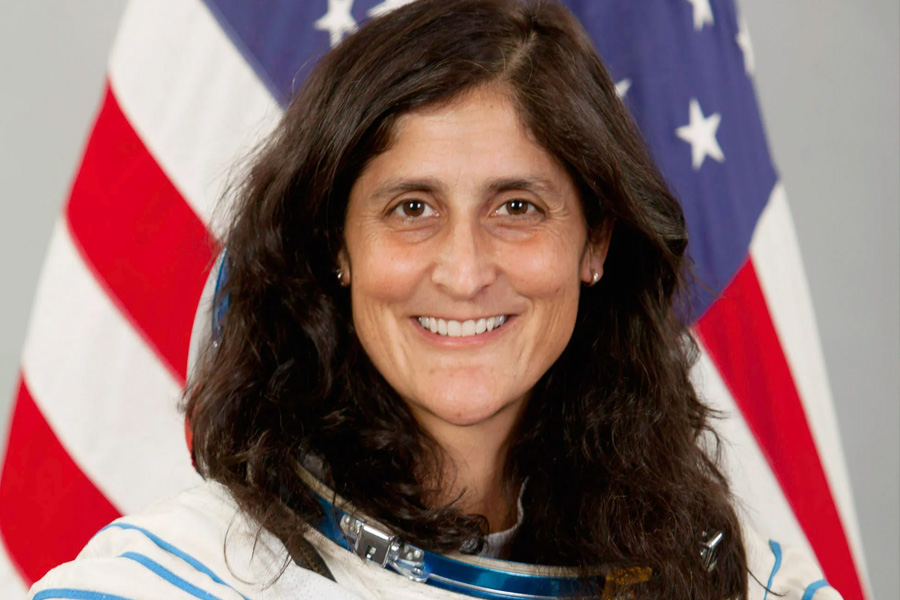
As astronauts are in outer space for the common benefit of everyone on earth, it is the responsibility of all countries to rescue and share information in case astronauts are in distress.
Authors
Abhinav Mehrotra, Assistant Professor, Jindal Global Law School, O.P. Jindal Global University, Sonipat, Haryana, India.
Biswanath Gupta, Associate Professor, Jindal Global Law School, O.P. Jindal Global University, Sonipat, Haryana, India.
Summary
As the Indian-origin astronaut Sunita Williams-led Boeing Starliner mission faces a delay in its return since its launch aboard an Atlas V rocket, several questions have arisen regarding the legal provisions governing such situations, the right to health of astronauts stuck in such scenarios, and the responsibility of the international community in this regard.
Simply stated, space is governed by international law. Due to the changing nature of outer space activities, international law relating to space is also evolving. However, the fundamental principle of space law remains the same. One of the fundamental principles is the rescue of astronauts.
International space law comprises five comprehensive treaties and several customary international laws. Additionally, it includes several non-binding international guidelines for exploring outer space for peaceful purposes. The fundamental objective of these provisions is to prepare space agencies for manned space exploration missions that go deeper into space and are of long-term duration. They also aim to safeguard the crew members of space exploration vessels, whether shuttles or stations, from experiencing adverse effects on both their physical and mental health, which increase by virtue of the duration and purpose of their assigned missions.
Published in: Firstpost
To read the full article, please click here.

